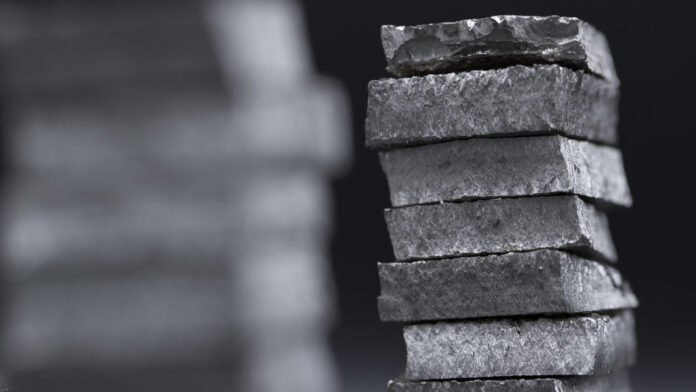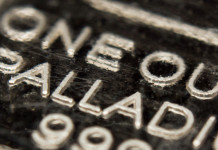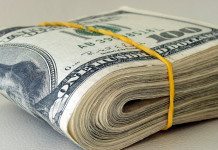
A LOOMING decision by the Democratic Republic of Congo (DRC) on cobalt exports could dramatically increase prices and push battery manufacturers towards alternative materials, said Bloomberg News citing industry experts.
Cobalt prices have already surged more than 50% since the DRC, which produces three-quarters of global output, halted exports on 22 February. Benchmark Mineral Intelligence warned in a report for the Cobalt Institute that an extension of the ban or strict quotas could drive prices even higher.
“The DRC government has indicated that further export controls, including a ban extension, or quotas, will follow,” Benchmark noted, adding that excessively stringent quotas could trigger “a swift move from battery makers towards cobalt-free chemistries.”
Unlike nickel and lithium, cobalt is primarily produced as a byproduct — mostly from copper mines in the DRC and nickel mines in Indonesia, said Bloomberg News. Congo suspended exports for four months following price drops caused by increased production from China’s CMOC Group.
Despite 12% growth in demand last year, many Chinese electric vehicle manufacturers have already shifted to cobalt-free lithium iron phosphate batteries. The EV market represented 43% of cobalt demand in 2024.
China currently refines 79% of global cobalt, with Finland a distant second at 7%. Indonesia contributed 12% of global supply last year, expected to reach 22% by 2030.
Artisanal mining, which once accounted for 10% of Congo’s output, has fallen to less than 2% amid low prices and CMOC’s expanded production.
The US is reportedly negotiating with Congo to secure access to critical minerals including cobalt in exchange for security assistance.











